Below is a snippet from Hülsmann Jörg Guido's conclusion in his 2008 book, The Ethics of Money Production (pages 239-255). I felt it wonderfully emphasized the need to examine morality in money production. In the realm of ethics, it is indeed interesting we hold engineers and businesses to a moral standard punishable by loss of professional license, but not our politicians and monetary-policy decision makers whose impact can sometimes be more severe than a poorly built bridge or business deal.
TL;DR: Controlling and gaming the production of money is only permissible in a broken, unsound monetary system like fiat. There are ethical implications involving how money's production is dictated and decided. We need a sound money and anything less would be immoral.
The Ethics of Money Production (pages 239-255)
We have argued that these monetary institutions have not come into existence out of any economic necessity. They have been created because they allow an alliance of politicians and bankers to enrich themselves at the expense of all other strata of society. This alliance emerged rather spontaneously in the seventeenth century; it developed in multifarious ways up to the present day, and in the course of its development it created the current monetary institutions.
Let us emphasize that this alliance is, and has always been, an ad hoc alliance. We do not claim that our monetary institutions have resulted from a three-hundred-year-old conspiracy between bankers and politicians. It is certainly naïve to assume that no such conspiracy has ever been concocted, or is not presently concocted. But, as our analysis has shown, the conspiracy question is only of secondary importance. The driving force that propelled the development of central banks and paper money was the reckless determination of governments, both aristocratic and democratic, to increase their revenue, if necessary in violation of good faith and of all established rules of commerce.1 On this point we find, again, fundamental agreement between our economic analysis and the ethical concerns of the Church:
This concentration of power and might, the characteristic mark, as it were, of contemporary economic life, is the fruit that the unlimited freedom of struggle among competitors has of its own nature produced, and which lets only the strongest survive; and this is often the same as saying, those who fight the most violently, those who give least heed to their conscience.2
Notice again that our present study does not purport to provide a full discussion of all considerations that have been brought up on the subject. We have presented a broad picture and dealt with details only where appropriate. The point was to show that the evidence for our case is sufficiently clear and sufficiently important to warrant closer examination. The serious student must still acquaint himself with the discussions that can be found in other works on our subject.
MONETARY REFORM
The monetary institutions of our time are in dire need of reform for many reasons. Present-day discussion of monetary reform, insofar as it takes place at all, however, suffers from an amazing intellectual narrowness. It is of course impossible to provide the antidote in a short study, but our exposition might nevertheless be useful in pointing out the directions where alternatives might be found. One such alternative is the natural production of money, even though it presently plays no practical role.3 It is a significant fact that one cannot get around the natural order even in theory, because it alone provides a solid starting point for any serious analysis of monetary institutions. And in monetary policy too, as we have argued, it is something like the optimum optimorum.
Notice that we do not recommend simply turning back the clock. A natural monetary order in our day is certainly not identical with what a natural monetary order would have looked like in the sixteenth century. We do not advocate abolishing credit cards, checking deposits, and whatever other viable financial institutions might originate on the market. The point is to return to a universal respect for property rights. We need not change instruments such as banknotes, paper money, and the organization of central banks; but the legal rules under which central banks operate and under which paper money is produced. We need to abolish the legal privileges of central banks and monetary authorities. There is no tenable rationale for preventing the citizens from using the best monies and money substitutes. Quite to the contrary, a reform in this direction is necessary for many reasons. Immediate and vigorous action is called for.
Many will object that it is impossible to bring about such a return, now that we have progressed so far on the way toward a global paper money. This is a thoroughly defeatist point of view because it takes the coming disaster (hyperinflation or global tyranny) for granted. Most importantly, however, it is morally wrong. As we have argued, we face a problem of the human will; but this is after all only a problem of the will. In 1258, King Louis IX of France began a monetary reform that would eventually restore the currency of his realm on natural metallic bases. He seems to have been the last ruler so far of his country who fulfilled God’s promise:
In place of bronze I will bring gold, instead of iron, silver; In place of wood, bronze, instead of stones, iron; I will appoint peace your governor, and justice your ruler. (Isaiah 60:17)
It might be argued that Saint Louis had a comparatively easy job. After all, he just needed to clean up the mess in what was still basically a metallic monetary system. By contrast, fractional-reserve banking and paper money have been with us for quite a while, and they have changed habits and even our mentality. Yet consider that China ran through various experiments with fractional-reserve banking and paper money for five hundred years (from about 960 to about 1455 of our time) and in this epoch repeatedly suffered from hyperinflations and other problems that we have analyzed in this volume. Then the country returned to monetary sanity when the political leadership no longer suppressed the circulation of silver and copper coins. And consider that the makers of the American Revolution, the Founding Fathers of the U.S. Constitution gloriously cut the legal ground from under the century-long tradition of colonial paper money. Consider that President Andrew Jackson, against the frantic resistance of vested interests in banking and financial circles, withdrew the legal privileges from all fractional-reserve banks and cut back the public debt to an amount that could have been paid by any individual wealthy citizen. There is no reason why today we should be unable to accomplish such things, or something even better.
Footnotes
- We do not of course claim that every single government betrayed the public faith; only that several of them in the past three hundred years did this. Their decisions gave us our present-day monetary institutions. The alliance with the banking industry resulted merely from the technical superiority of banknotes and paper money as vehicles of that illicit increase of revenue
- Pius XI, Quadragesimo Anno, §107; emphasis added.
- Concrete reform schemes are discussed, for example, in Ludwig von Mises, Theory of Money and Credit (Indianapolis: Liberty Fund, 1980), pt. 4; Murray N. Rothbard, The Case Against the Fed (Auburn, Ala.: Ludwig von Mises Institute, 1994); Hans Sennholz, Age of Inflation (Belmont, Mass.: Western Islands, 1979), chap. 6; idem, Money and Freedom (Spring Mills, Penn.: Libertarian Press, 1985), chap. 8; idem., ed., The Lustre of Gold (Westport, Conn.: Greenwood Press, 1975), pt. 4; Jesús Huerta de Soto, Money, Bank Credit, and Economic Cycles (Auburn, Ala.: Ludwig von Mises Institute, 2006), chap. 9; Gary North, Honest Money (Ft. Worth, Texas: Dominion Press, 1986), chaps. 11–13; Edwin Vieira, Pieces of Eight, 2nd ed. (Fredericksburg, Va.: Sheridan, 2002); and Pierre Leconte, La tragédie monétaire, 2nd ed. (Paris: François-Xavier de Guibert, 2003).
[link] [comments]

You can get bonuses upto $100 FREE BONUS when you:
💰 Install these recommended apps:
💲 SocialGood - 100% Crypto Back on Everyday Shopping
💲 xPortal - The DeFi For The Next Billion
💲 CryptoTab Browser - Lightweight, fast, and ready to mine!
💰 Register on these recommended exchanges:
🟡 Binance🟡 Bitfinex🟡 Bitmart🟡 Bittrex🟡 Bitget
🟡 CoinEx🟡 Crypto.com🟡 Gate.io🟡 Huobi🟡 Kucoin.
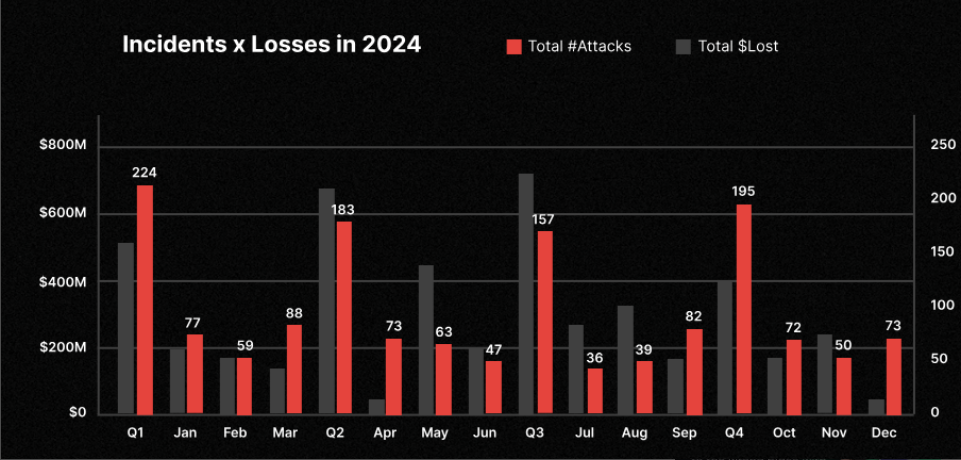
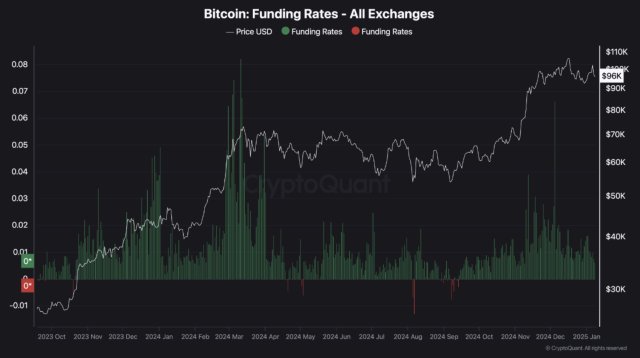



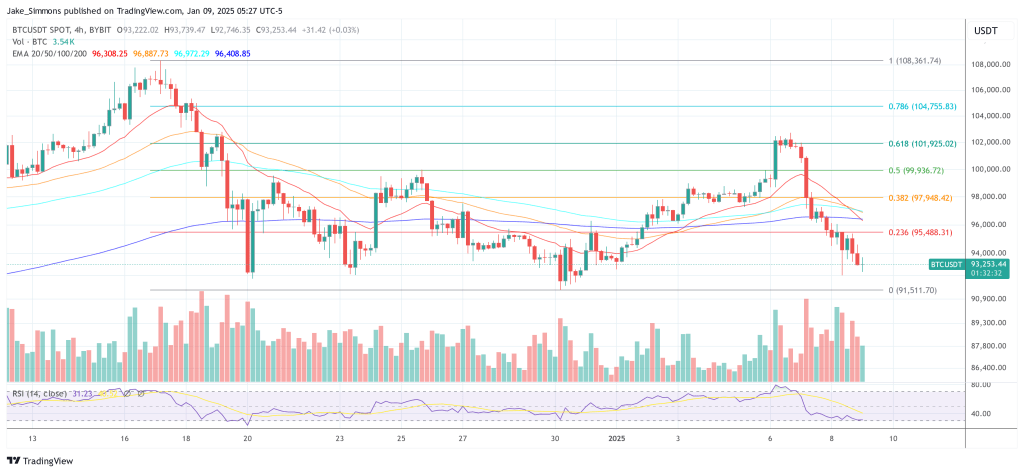

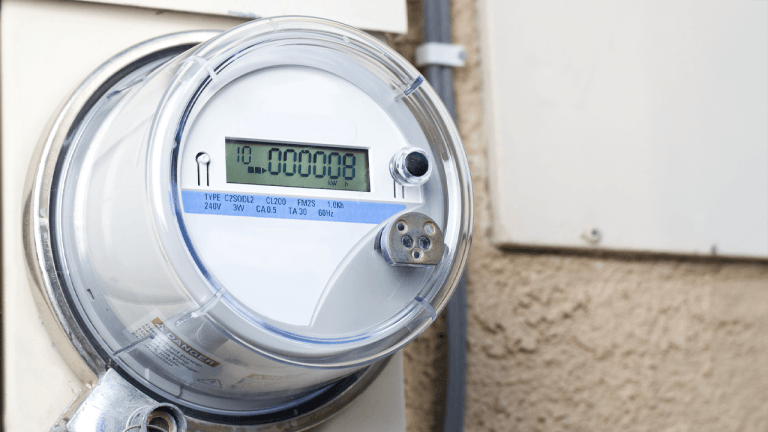

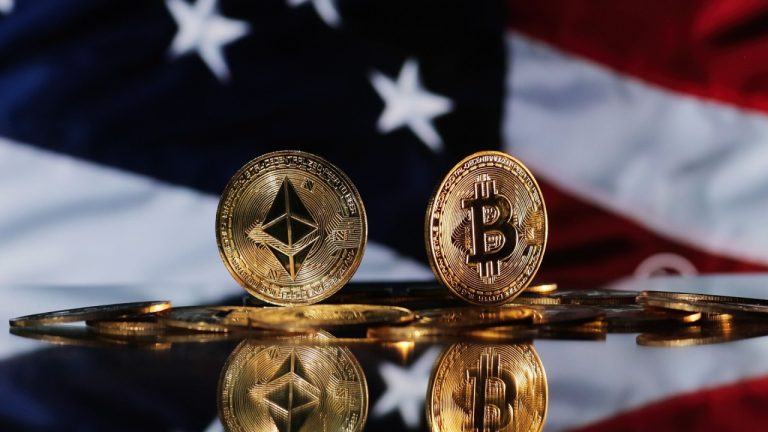

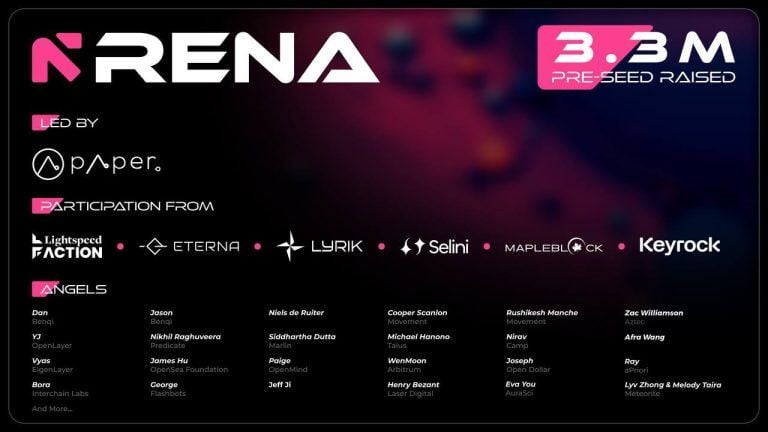
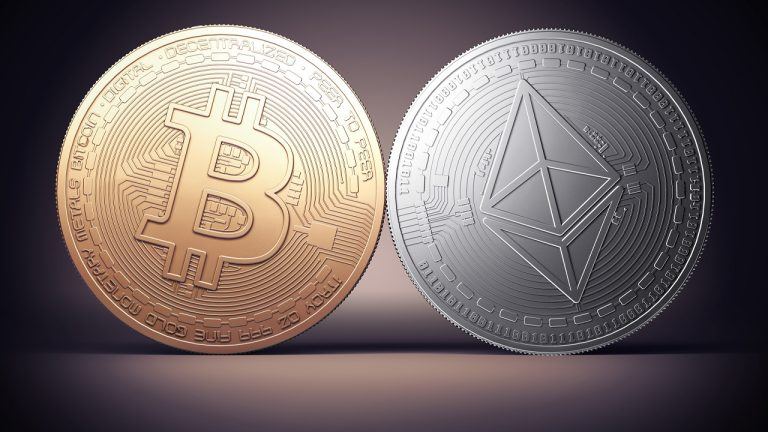
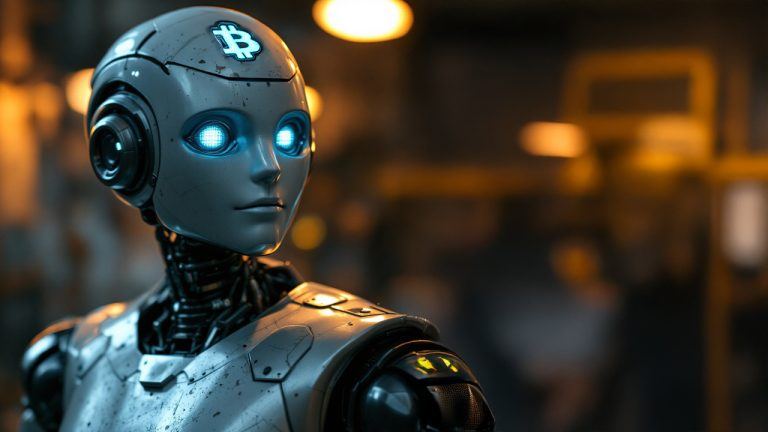


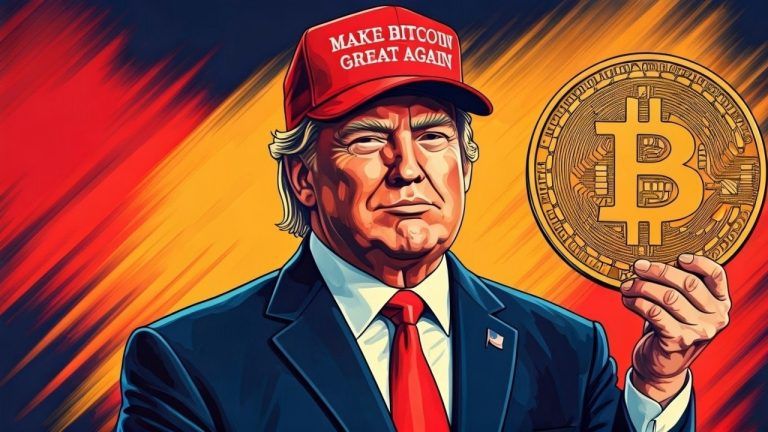
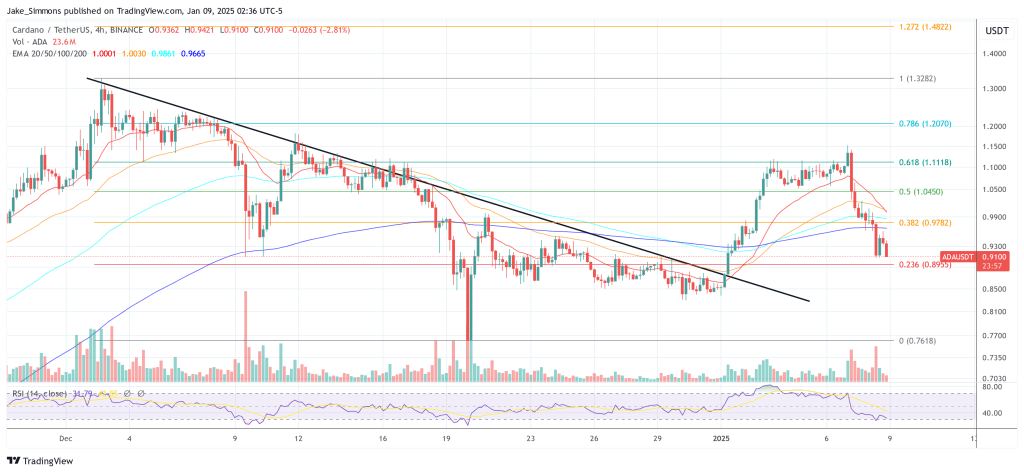
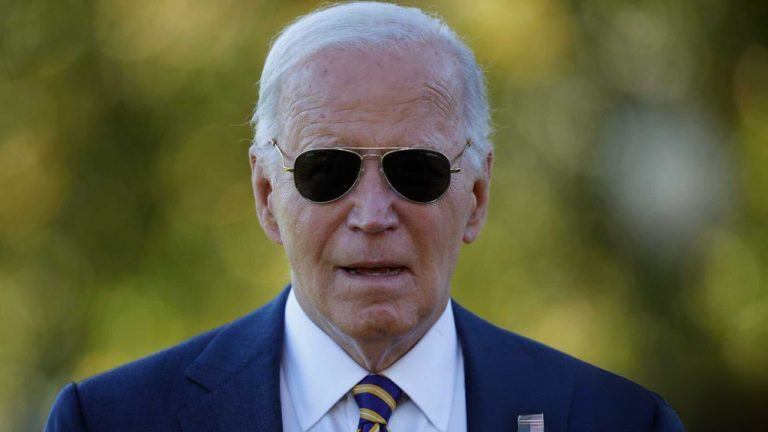
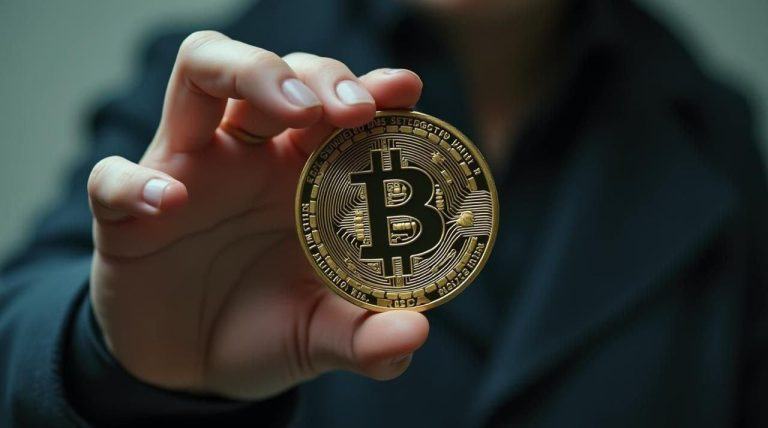
Comments